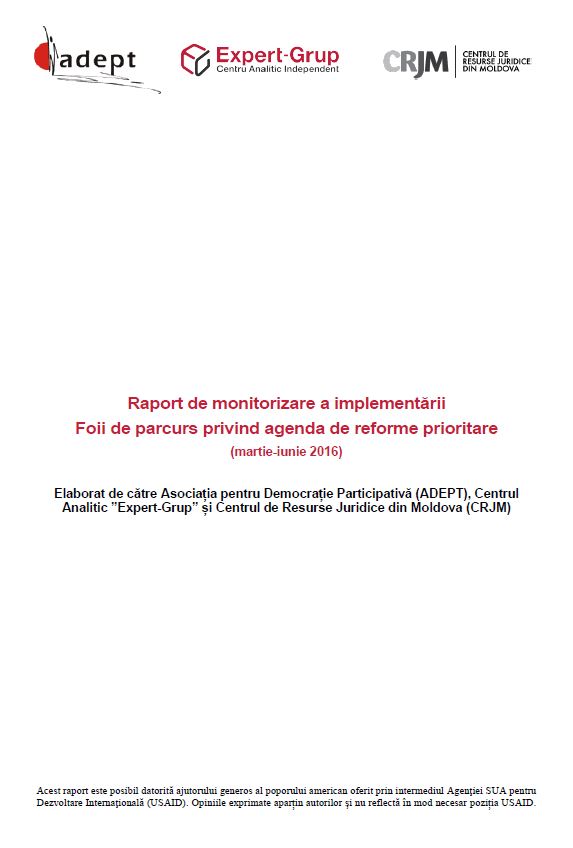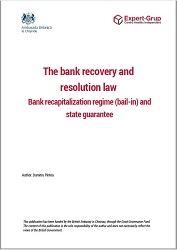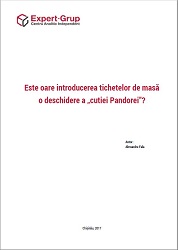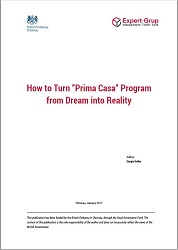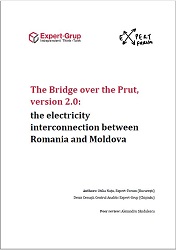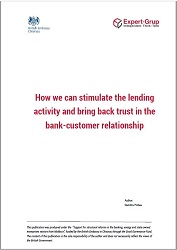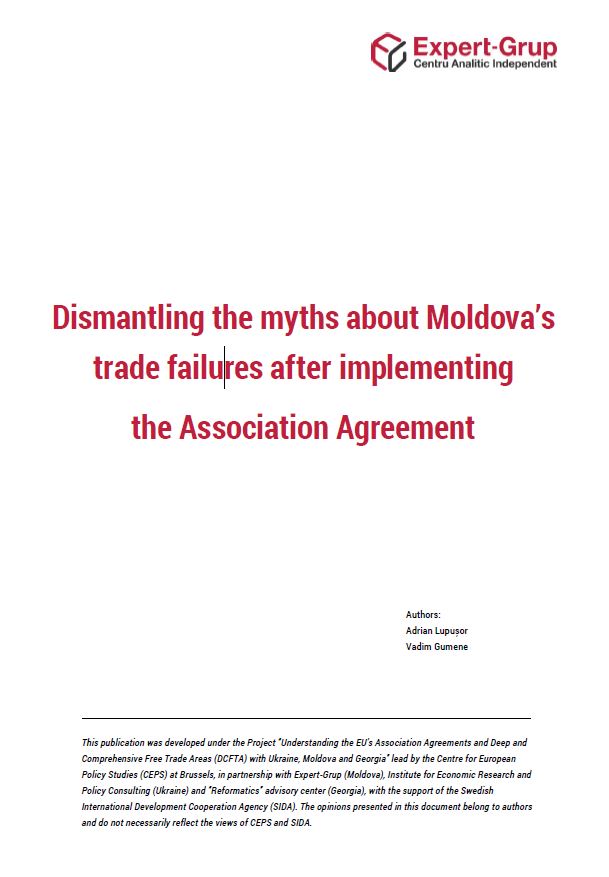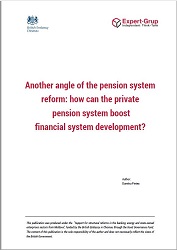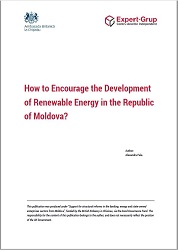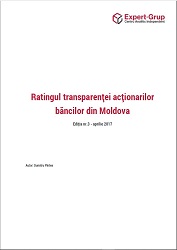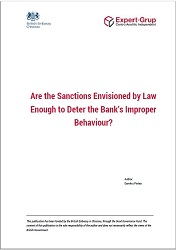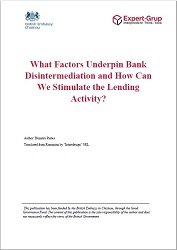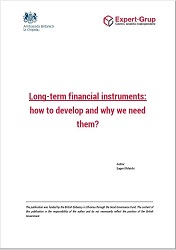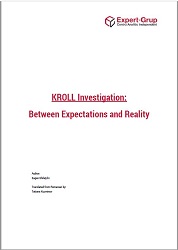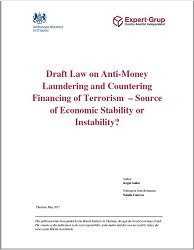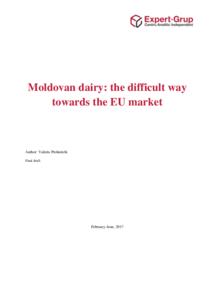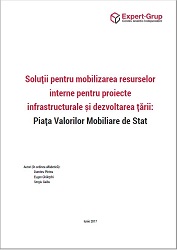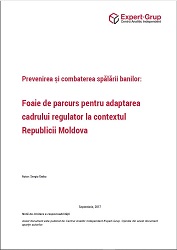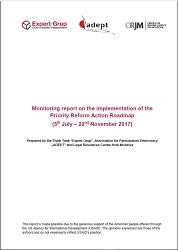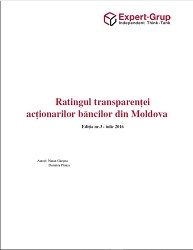
The transparency rating of Moldovan bank shareholders
Ratingul transparenței acționarilor băncilor din Moldova
Keywords: bank share-holders;
One of the main vulnerabilities of many Moldovan banks, with a strong imprint on the national economy, it depends on the transparency and low quality of the shareholders. Many times, this problem undermined the corporate governance of banking institutions, which resulted in the accumulation of toxic assets in the system and even the bankruptcy of 3 important banks in 2015 (Bank of Savings, Social Bank and Unibank). Therefore, with a view to solving the current banking crisis from the Republic of Moldova, it is absolutely necessary to increase the transparency and quality of bank shareholders. In this sense, actions are needed, both on the part of the NBM and on the part of the commercial banks. Not lastly, increasing the transparency of bank shareholders and presenting the real final beneficiaries it is also one of the recommendations and preconditions of the International Monetary Fund with a view to reform quality of the domestic banking sector and the signing of a potential memorandum. In turn, by this memorandum depends on the unlocking of external budgetary assistance from the other partners Development. We also believe that increasing the transparency of bank shareholders is, obviously, the primary prerogative of the NBM, but this will not be possible without the stronger motivation of banks for this process.
More...
